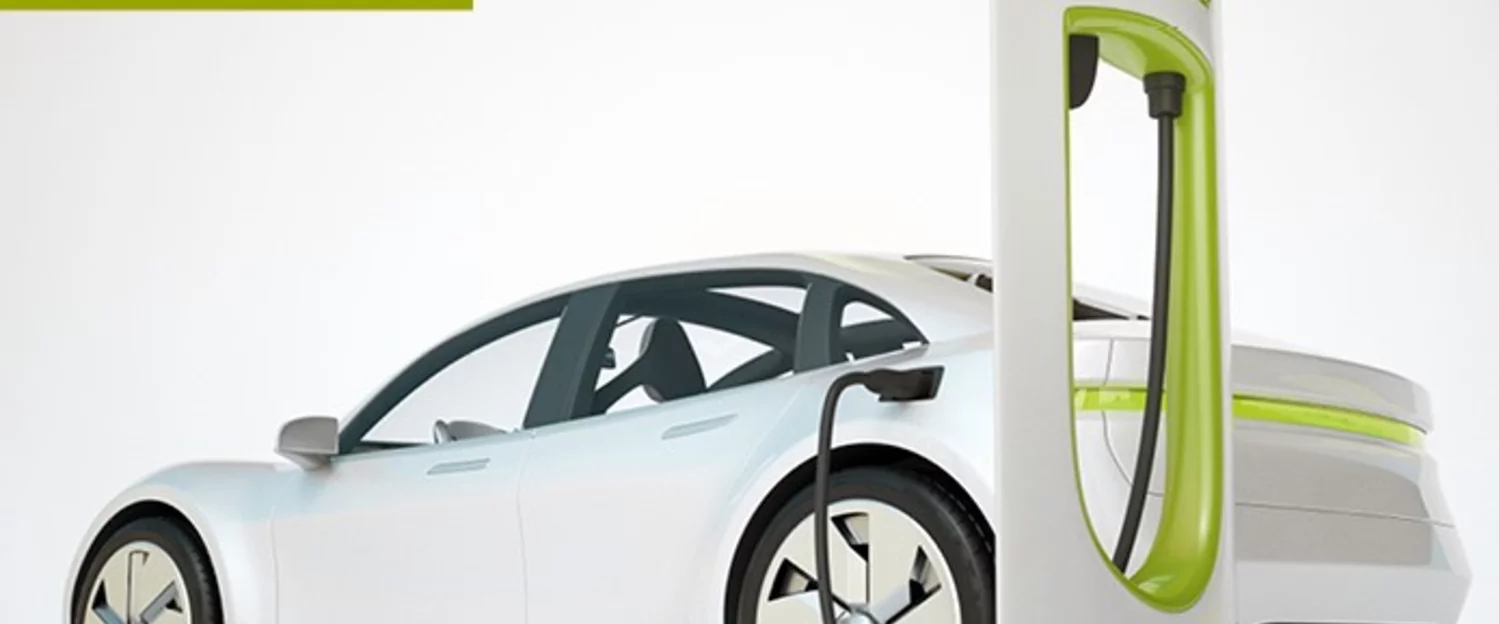Batteries for electric vehicles must be tested thoroughly for their functionality. In accordance to the test standard VW 80000:2017 LV124 K-13, the Weiss Thermal Shock System simulates the impact on the heated battery during sudden immersion in ice cold water to 0°C.
Weiss Technik Thermal Shock test chambers are designed to give quick transitions between hot and cold temperature zones. The Weiss Technik ShockEvent will help achieve extremely rapid temperature changes in the range -80°C to +220°C. This reduces the incidence of early failures and increases the reliability of your products. Our test chambers offer up to 40% energy savings and R-449A refrigerant that will future-proof your testing.
For this case study, the challenge was to meet test standard VW 80000:2017 LV124 K-13 where the test materials was first heated to between 60 and 90°C before being shock cooled at 0°C by rapid immersion in water. The ice water contained 5% salt content and so the resulting test chamber system and all component parts needed to also be corrosion-resistant. The test chamber also needed to be contained in a test room permanently purged with fresh air to minimise the risk of explosion.
Read more about this use of a corrosion-resistant test chamber with ice water basin to test sudden total immersion in water for high-voltage batteries used in electric vehicles in our case study.
If you would like to talk to us about your automotive industry needs for testing either in development or on the production line, get in contact with us via our Contact Form, or you can call on 01509 631595 or email the team on enquiries.gb@weiss-technik.com.
